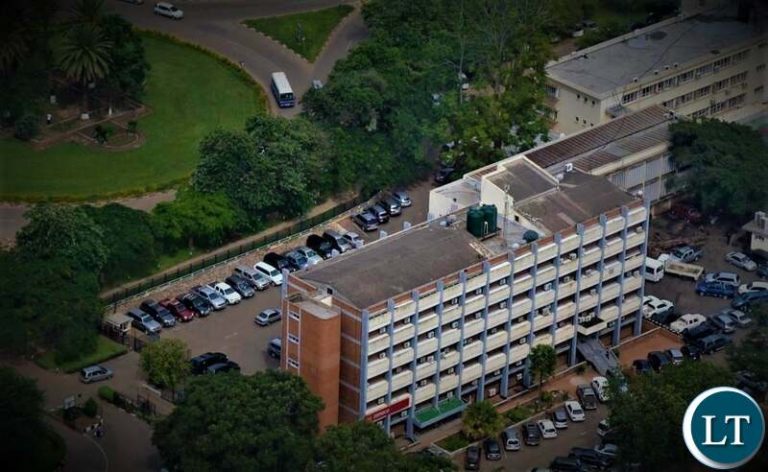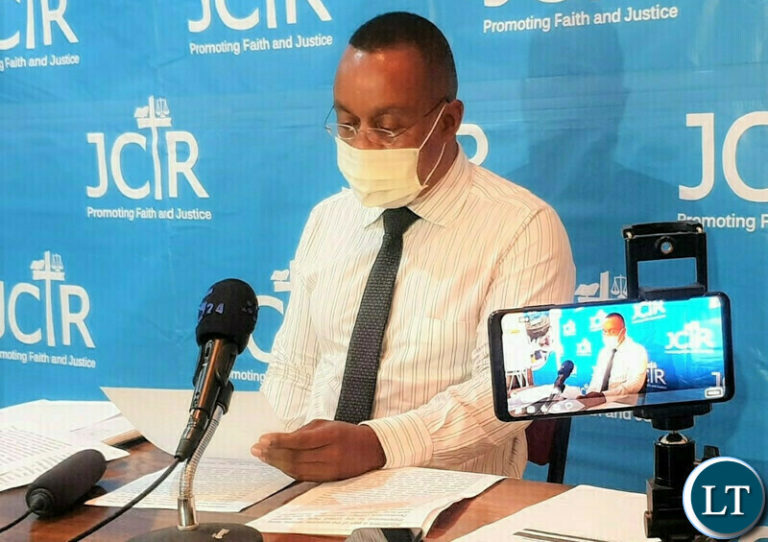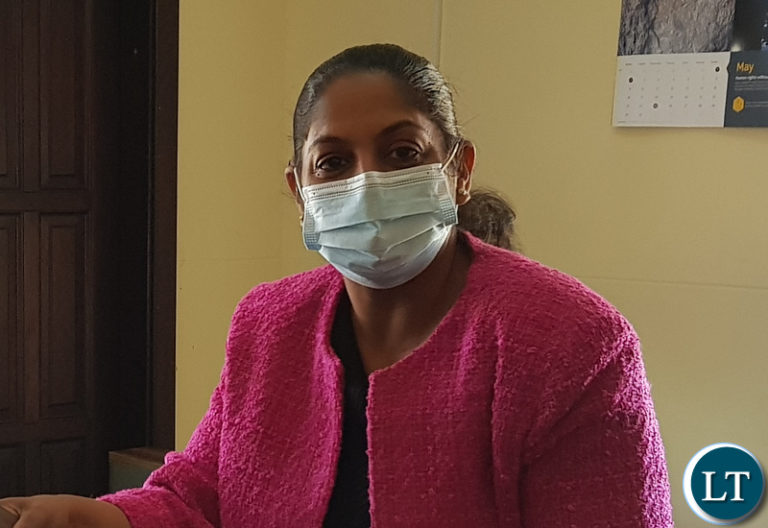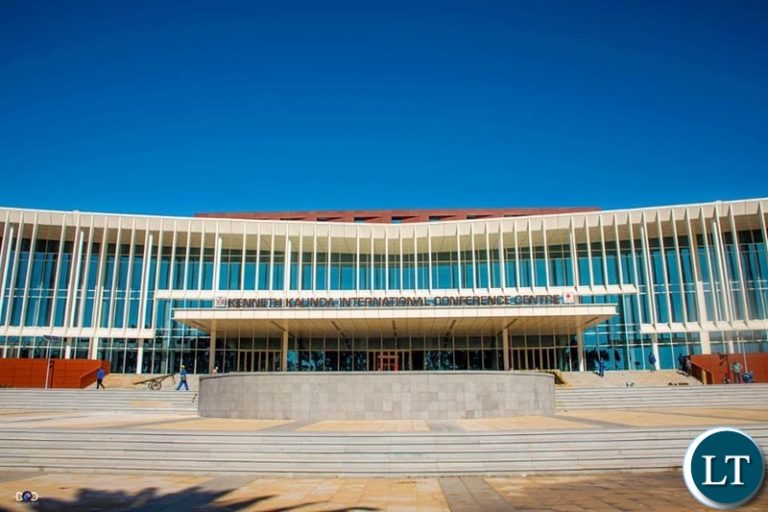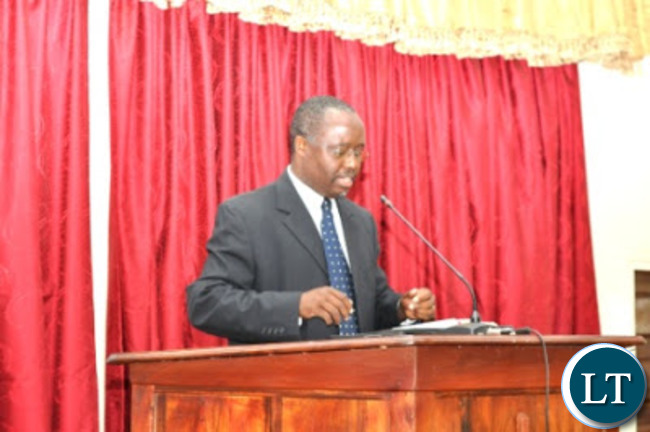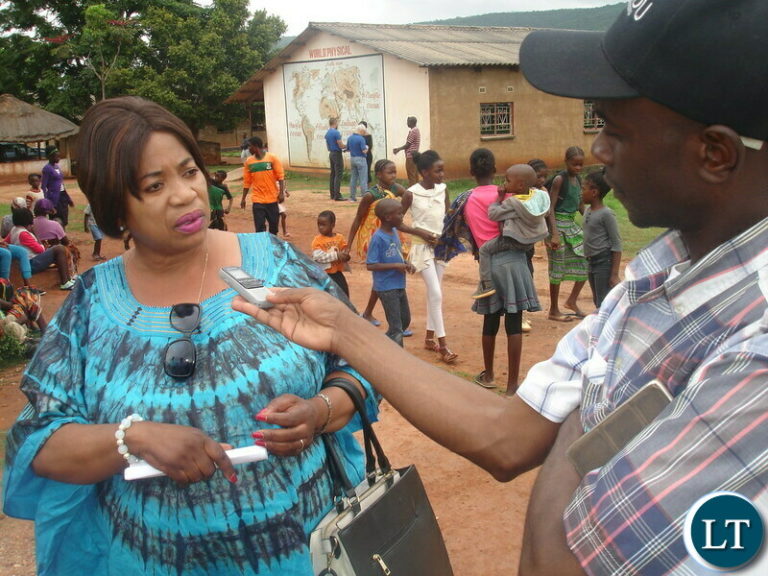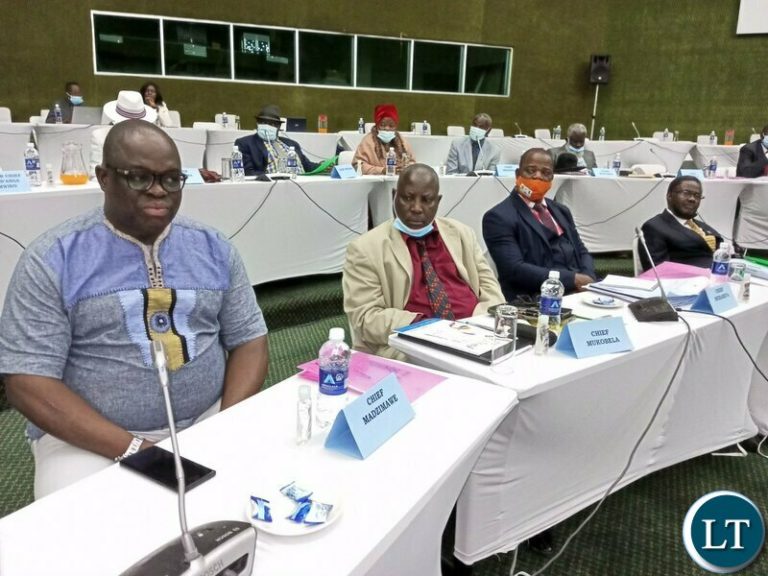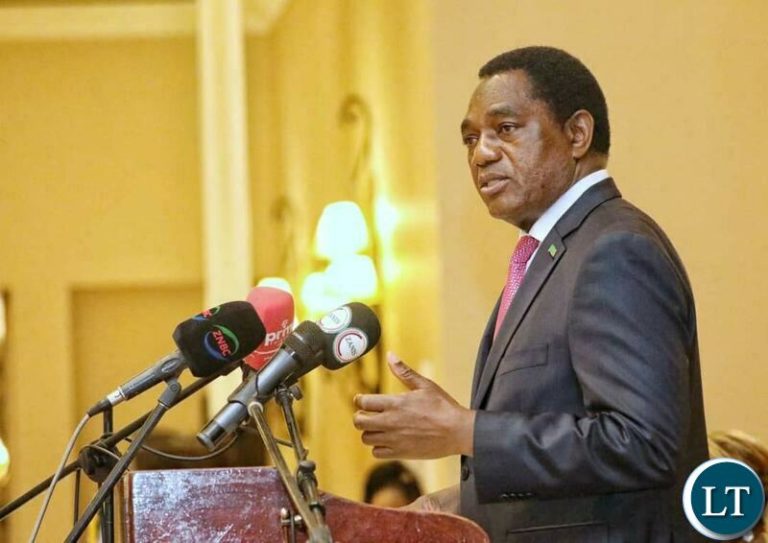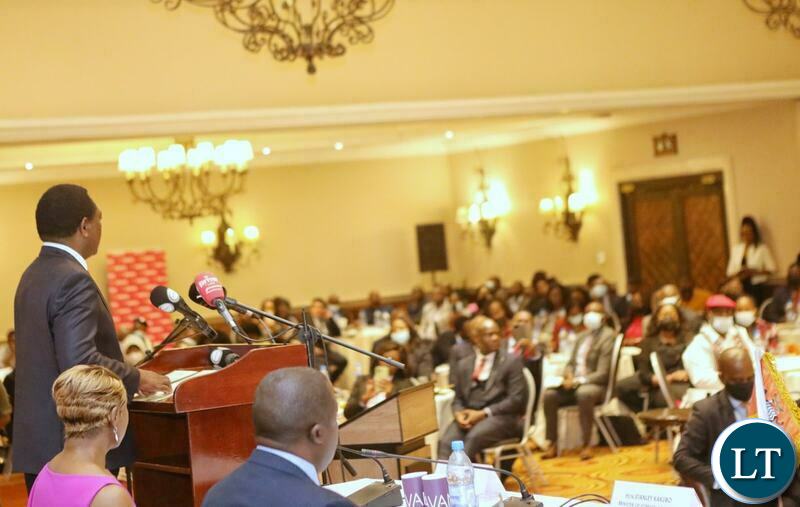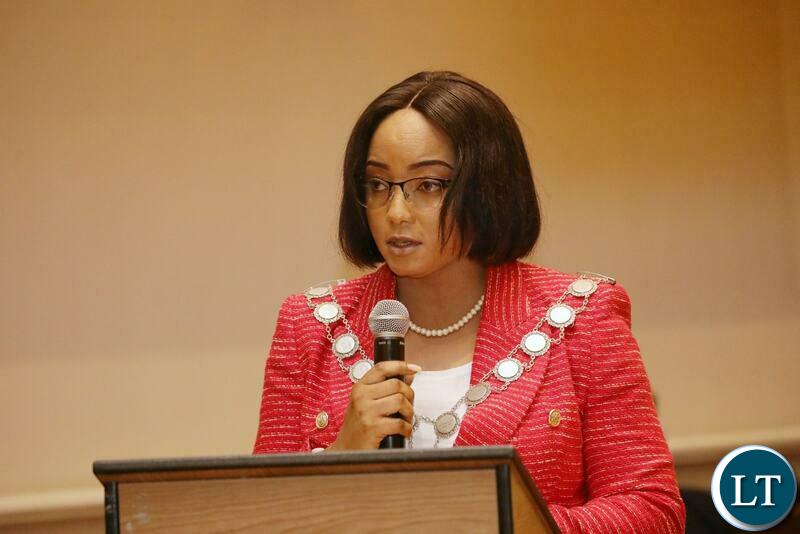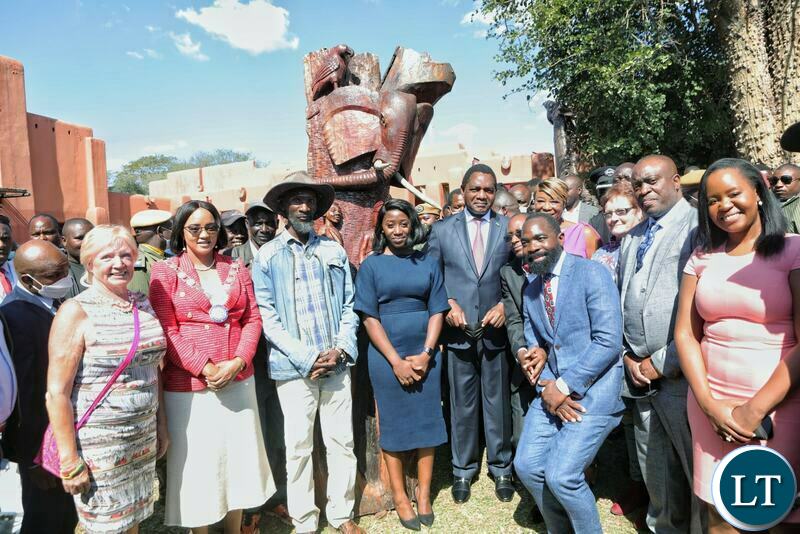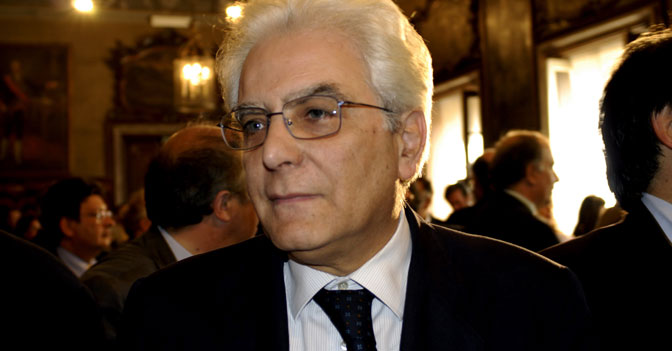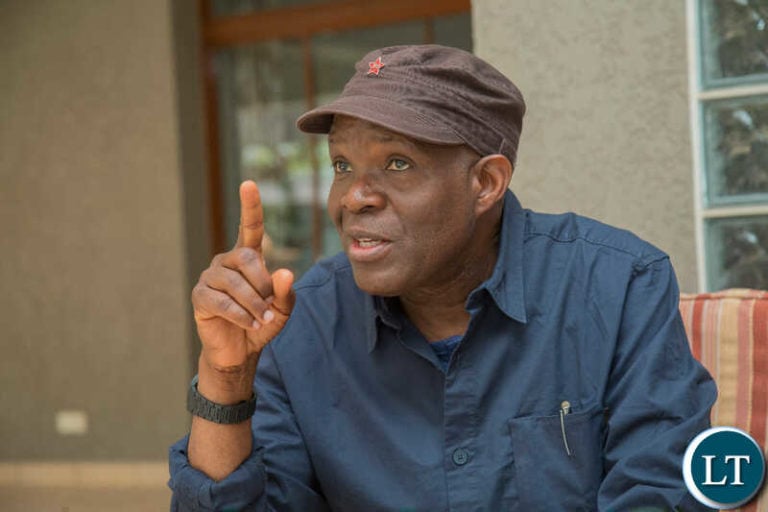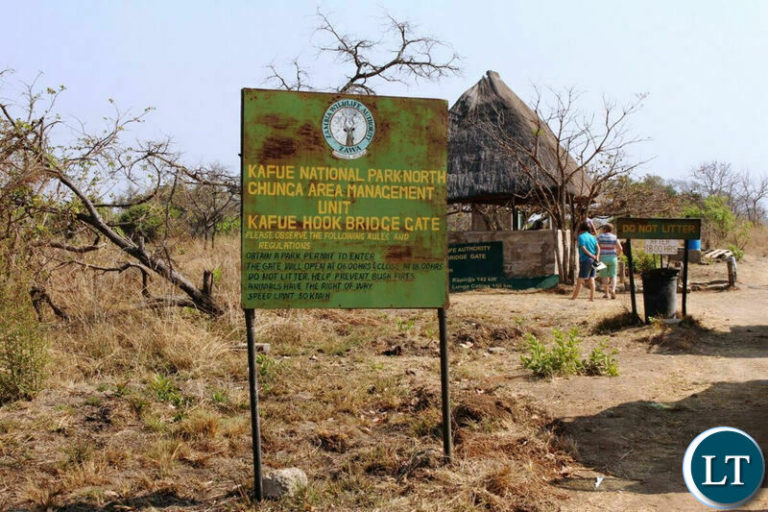Dr. Henry Kanyanta Sosala
Professor Akuffo: ’’When a fool becomes wise, then the game is over since there is no one to play the game.’’
Preamble
It was the great Greek philosopher, Socrates, who felt that it was necessary to create mental tensions, so that individuals could rise from bondage of political myths and half-truths to the unfettered realm of creative and objective analysis. And the purpose of this letter to the traditional leaders and in particular to the Members of the House of Chiefs is for them to gain strategic foresight on land issues so that they may not succumb to the many sirens from NGOs, politicians and individuals who are on foreign payrolls. For example, when the Chiefs were asking the government to remove Article 296 that vests Zambia’s landmass into the office of the Republican President since they believe that the article was enacted for the sole purpose of over-riding the powers of the Litunga, the king of Barotseland in Western Province. Then McDonald Chipenzi, who is on a foreign payroll and the Grand Coalition spokesperson said: ‘’Chiefs should not accept to be used by politicians and stand for something that they did not understand….’’ (Daily Nation 25th April 2015). The key clause in this statement is: ‘’stand for something they did not understand.’’
Chiefs must always bear in mind, the immortal statements from the late former Republican Vice-President, Honourable Simon Mwansa Kapwepwe, a Bemba political hero and Zambia’s ‘’Aristotle’’ who immediately after attaining our independence in 1964 declared: “You Zambians must be very careful with the land because God has stopped creating countries.’’ Second: ‘’Zambia is highly blessed with abundant natural resources and minerals and if we mismanage our country’s affairs, the whites whom we now call colonialists will come back with a new name.’’ And indeed, Zambians are desperately calling back colonialists who have been baptized with the new name as investors.
On the other hand, how true were the utterances of a white South African miner on the copper-belt, who while we were celebrating our independence, contemptuously declared in chiraparapa language: ‘’Zambia ena kawena; mali ena katina.’’ Meaning, ‘’Zambia is indeed your country, but money belongs to the white man.’’ And he was deported.
And indeed, Mr. Sikota Wina, a veteran politician and freedom fighter (popularly known as ‘’UNIP Cowboy’’), during the struggle for our independence said: ‘’Today no less than half of the countries in Africa can exist even for a month without donor aid. They would collapse. And currently, foreigners have dominated the Zambian economy and Zambians themselves are completely on the periphery. Apart from a few who might have looted in the course of history, there are very few African entrepreneurs in the country. Zambia is a nation of employees only.’’ (The Post 25th May 2005)
A few years ago, a certain NGO that prepared a draft land policy, and which was generally accepted. However, the chiefs had demanded that it could only be endorsed if all the 286 chiefs could be present. But instead they only presented to the Members of the House of Chiefs and had invited some few ‘’friendly’’ chiefs. Then some chiefs noted that the document presented then was much thicker than the one that had earlier been tabled. Then His Royal Highness Chief Chitoshi rang me and I advised that they reject the suspicious document and eventually the chiefs walked out of the meeting.
Let us look at some of the dangers we as traditional leaders are facing as custodians of traditional land on behalf of the peasants. Simeo Siame in his article, Who Owns Zambia? wrote: ’’In 1965, when I landed at Lusaka airstrip, I and the rest of the people of Zambia who I found then were bubbling with self-confidence and self-assertion. You would never have hesitated to declare just who owned Zambia then. The question simply never arose, since ownership was as distinct as the break of dawn. Alas, this fervent spirit of ownership appears to have evaporated. We have a generation of Zambians who do not even know their country. They have no passion for it. Before I put pen to paper to raise this subject in this article, I went on to the Lusaka streets and asked fellow pedestrians the question: ‘Who own this country?’ One said in Chibemba: ‘Ni bamwisa’ (foreigners). The other said, ‘Ni bamwenye’ (Asians). And one respondent answering in English said, ‘It’s foreigners and HIPC.’ A Zambian can no longer identify himself or herself to what Zambia was twenty to forty years ago. Most of our people have no history. Our economic and social development policies have not been pointed enough in the direction of the people of this country. But rather the country has received policy guidelines imposed from outside.’’ (Sunday Post 30th April 2006)
The difference here is between the struggle which forces the granting of recognition and liberation which is granted. In this respect, the Algerian philosopher, Frantz Fanon talked about the slave who had no memory of the struggle for liberty, or the anguish of liberty. Such a man is not capable of taking up the challenges at hand.
I must remind their Royal Highnesses that uncommon power of subtlety of mind has combined with uncommon power of greed. The Post pointed out this in the editorial comment: ‘’We have lost a .lot in terms of our sense of humanity over the last 15 years. The man-centred society that KK and his comrades tried to build in this country has been substituted by a society of wolves, hyenas and jackals which is centred in greed and vanity where those who are shrewd, who are daring, the most crooked can steal everything and become rich, leaving nothing for the poor and the disabled.’’ (ibid. 18th September 2006).
In fact we were done for, when Chiluba and his colleagues surrendered Zambia’s sovereignty to the capitalist-exploiters. The University of Zambia Development Studies lecturer, Frederick Mutesa wrote: ‘’The cold war African leaders that succeeded the founding fathers surrendered sovereignty in national policy-making to the Bretton Woods Institutions…..whereas the Nyereres, Kaundas and the Machels resisted the encroachment of foreign forces on the nations’ sovereignty, the Chilubas that replaced them chose to kiss neo-liberal policies in the morning, afternoon and at night.’’ (The Post 24th April 2004). And therefore the Chiluba regime entered into the corridors of power under the strict tutelage of the capitalist-exploiters who had engineered their way into the government. In that case the regime was obligated to its source of existence and power. The English say, ‘’He who pays the piper calls for the tune.’’
The IMF and the World Bank were created at a meeting of global financiers and politicians held at Bretton Woods, New Hampshire in 1944.Graham Hancock in his book, Lords of Poverty speaks of the IMF’s Structural Adjustment Loans: ‘’Corrupt ministers of finance and dictatorial presidents from Asia, Africa and Latin America are tripping over their own expensive footwear in their unseemly haste to ‘get adjusted.’ For such people money has probably never been easier to obtain than it is today; with no complicated projects to administer and no messy accounts to keep, the venal, the cruel and the ugly are laughing literally all the way to the bank. For them structural adjustment is like a dream come true. No, sacrifices are demanded of them personally; all they have to do….. amazing but true…. Is screw the poor and they have already had plenty of practice at that.
‘’The record of corruption and waste is endless. But the real eye-opener is in the failure of socialist ventures, those magnificent projects which were to bring prosperity to the underdeveloped countries. Here are few examples: Before receiving loans from the World Bank, Tanzania was not wealthy, but it fed its own people and it had economic growth…..But the country is hopelessly in debt with no way to repay.’’ And in Zambia, John Hatch wrote: ‘’…since 1966, the mantle of socio-economic leadership has been assumed by Tanzania and Zambia…..Kaunda has kept steadily to his determination that social justice shall be established. This has led him directly to try and concentrate on rural renaissance to raise the living standards of the mass of his people. The fact that in 1968 Zambia became self-sufficient in protein-giving eggs is one small but significant evidence of success in this endeavour.’’ (False Start in Africa by Rene Dumont)
The South African Communist Party, Secretary-General, Dr. Blade Nzimande visited this country at the invitation of The Post newspaper and here is what he observed: ‘’The one striking feature of the Zambian society is the extent to which the structural adjustment policies pursued by the MMD have rolled back many of the gains made during the first two decades of Zambian independence after 1964. We found, amongst many of those we met a re-emerging nostalgia for the Kaunda presidency and the advances made then in the fields of education, health and provision of other basic services. The MMD regime privatized virtually all the state-owned enterprises, leading to massive job losses and the rolling back in the provision of education and health services in particular.’’ (Sunday Post 9th April 2006).
And in this respect, an international organization, the National Citizens’ Coalition reported in Social Watch Report 2002: “When former President Chiluba took office from President Kaunda in 1991, the poverty rate was 56 per cent. When he left the government after ten years, poverty had risen to upward of 80 per cent. Large-scale corruption had diverted resources meant for the people of Zambia, while they watched in sorrow and desperation as their country headed towards becoming the poorest in the world. A characteristic feature of Zambia’s poverty is that the government and the international institutions bred it. Zambia’s poverty did not just happen; it was caused…..Former Chiluba’s government was the most corrupt in the history of this country. Resources that should have been used to improve the people’s quality of life were misappropriated in grand corruption episodes..” (ibid. p. 176)(emphasis mine).
And I now want you read the extent to which these agencies can go. James Bovard wrote in The World Bank vs The World Poor: ‘’ In the 1980s, the world was saddened by photographs of starving children in Ethiopia, but what the West did not realize was that this was a planned famine. It was modeled after Stalin’s starvation programme in the Ukraine in the 1930 and Mao’s starvation of the peasants in the 1940s. it’s purpose was to starve the population into total submission to the government, for it is the government which decides who will eat and who will not eat…’’
The question is: how can the World Bank’s managers continue in conscience to fund such genocidal schemes? Part of the answer is that they are not permitted to have a conscience. David Dunn, head of the Bank’s Ethiopia Desk explained: ‘’Political distinctions are not something our chatter allows us to take into account.’’
Here is The Posts’ editorial comment on NGOs: “… the civil society, for more than four years remained largely silent on corruption. And when some members of the public spoke on this issue, it was often an attack on those who were making the most humble contribution to this fight and not against the thieves. In short, they started to appear as if they were defending thieves…….” (ibid., 20th September 2006).
The former South African President, P.W. Botha said that the white man would use the African’s love of money to destroy himself. And he added: ‘’Here is a creature who lacks foresight.’’ And according to finance minister, Ng’andu Magande, the money given to NGOs was not properly accounted for and the donors don’t ask how and where it had been taken. (Zambia Daily Mail 21st June 2007).
(TO BE CONTINUED)


